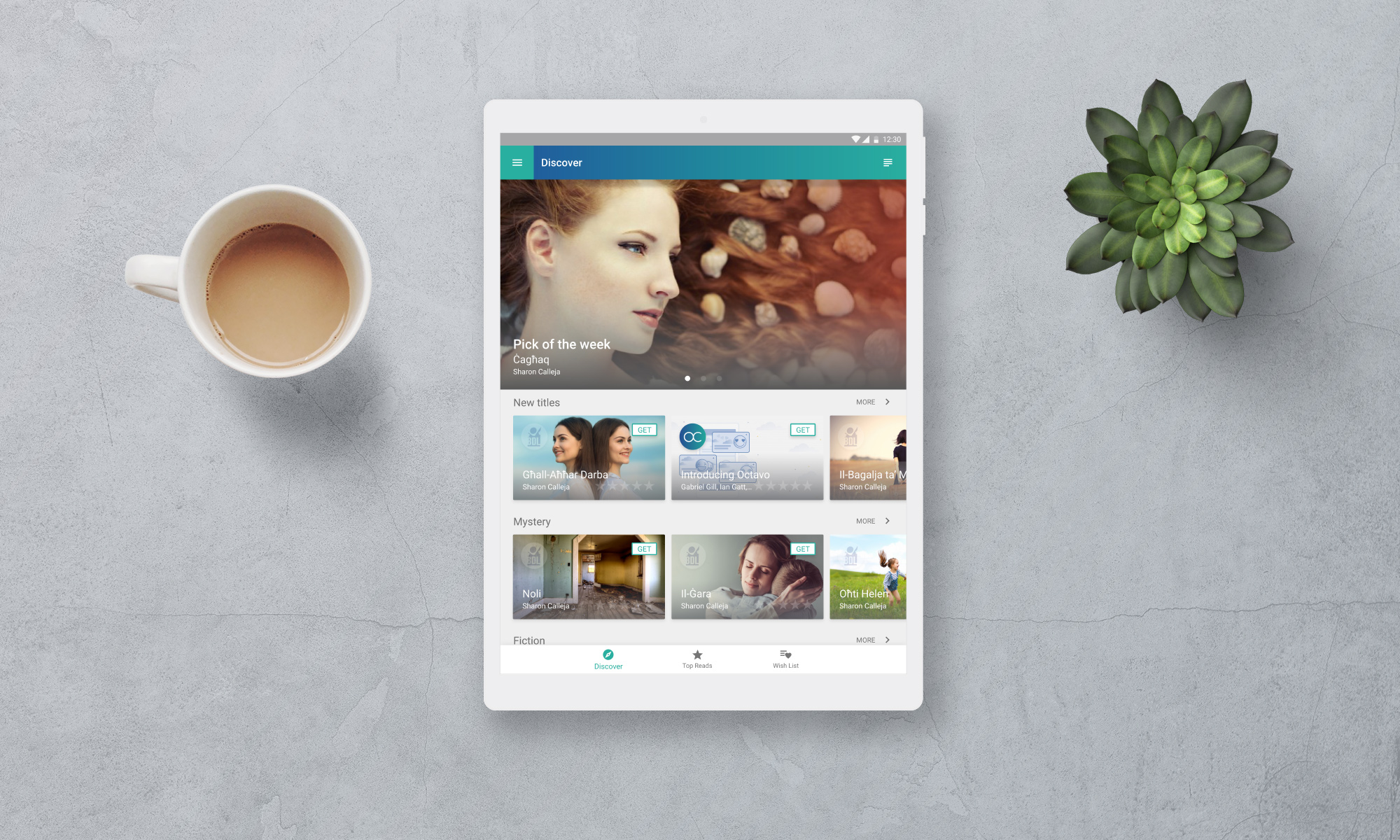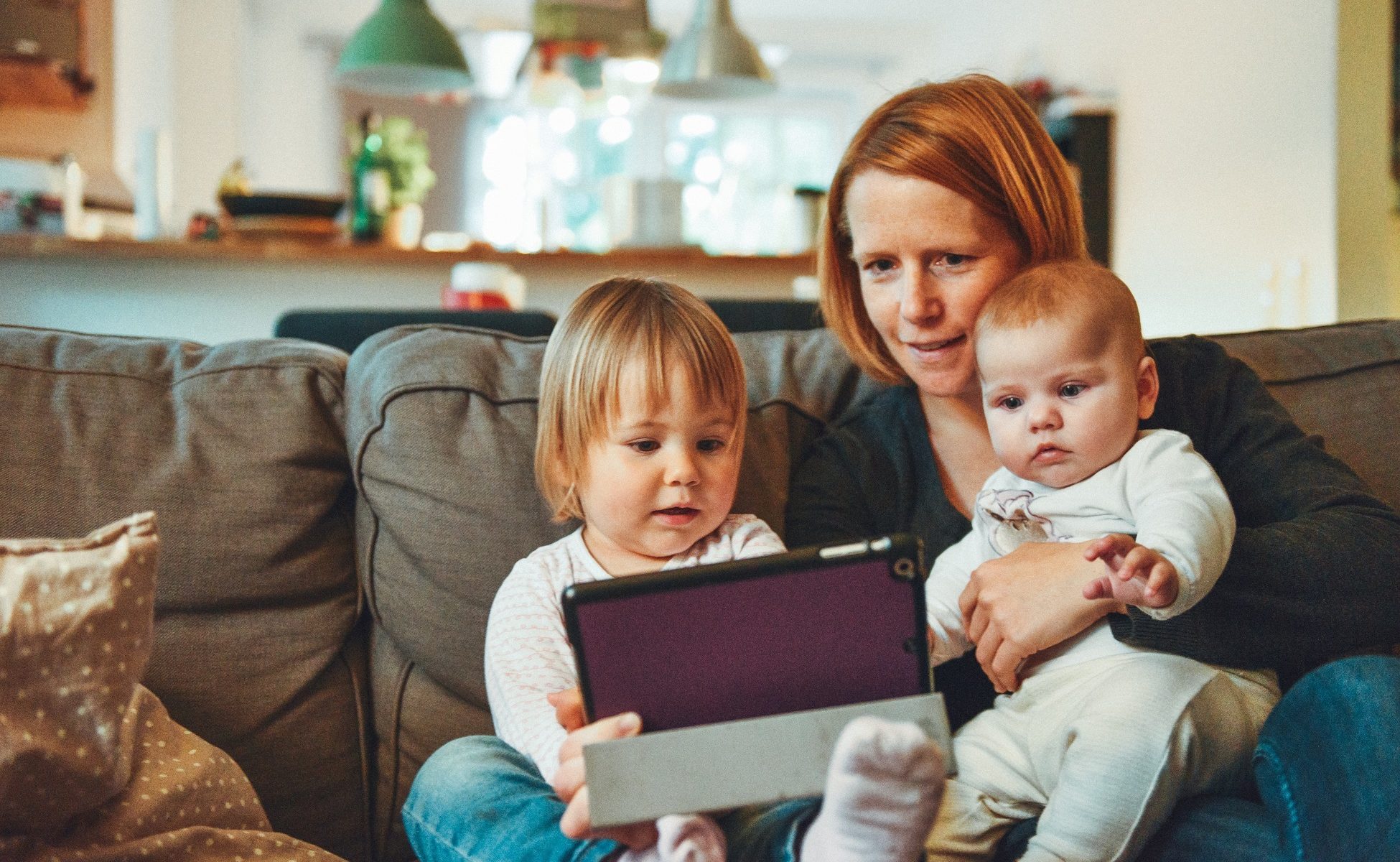New Year’s resolutions may not be for everyone, but setting achievable goals to work towards is always a positive thing. And, when a new target coincides with a fresh start – such as a new year – it’s a good way to keep track of your achievements as you progress towards your goals!
Setting goals can be a healthy habit to adopt from a young age, especially when it comes to learning a new skill or practising a hobby such as reading. But, as you may have experienced, most of our resolutions seem to fade away as the months roll by. This can be demotivating and leave us feeling like we’ve failed, which is definitely not something we’d want our young ones to be feeling.
So, how can this be avoided? Here are five things to keep in mind when helping young readers set goals for the new year.
- Make smaller goals that will help you progress gradually
Reading is a great way to train the mind to absorb information and focus on a single task at a time. And like with other methods of training, it takes time to see results. So rather than establishing a grand goal, like reading a total of 100 books in a year, it’s best to break that down into monthly, or even weekly, targets. A good way to do this would be to use levelled-reading systems, which help you gauge your reading level and know when to progress to more difficult texts. You may start the year by aiming to read two books a month, and later on increase that target to three or four books a month. Rome wasn’t built in a day, after all!
- Be specific about your goals
You may be aiming to get your child to read a large quantity of books in 2022, but that doesn’t mean you should forget about quality! You should ensure that the books being read are meaningful and the time being spent reading is helping your child become a better reader by focusing on their individual needs. For example, do they struggle with phonics? Or perhaps they need to expand their vocabulary and comprehension skills?
Digital reading platforms such as Octavo provide audio narration and built-in comprehension exercises, which will be a useful tool to help young readers improve their vocabulary and pronunciation skills. Moreover, if readers struggle with dyslexia, you may also need to find a dyslexia-friendly platform to help them along the way.
- Dedicate enough time to your goals
You may decide to read together with your child whenever you can, but carving out a specific part of the day or week will help you stick to your resolution. An hour after dinner time, or a few hours every Saturday morning may be a good place to start.
- Be patient with young readers.
When reading with young ones, try to identify any difficulties experienced along the way which may be blocking them from reaching their goals. From understanding the building blocks of language to reading fluently, it’s important to not rush the process. Take all the time you need to go over the text with your child, answer questions and discuss the story together.
- Don’t wait till the end of the year for your reward!
There’s a common misconception about annual goals that you have to wait a whole year to achieve them. But this doesn’t necessarily have to be the case. By setting smaller checkpoints along the way, you can enjoy a mini-reward as often as you want to, celebrating your achievements for a full year!
Are you ready to make 2022 your year of reading? Monitor your reading progress through your Octavo account and start working towards your goals, together!

